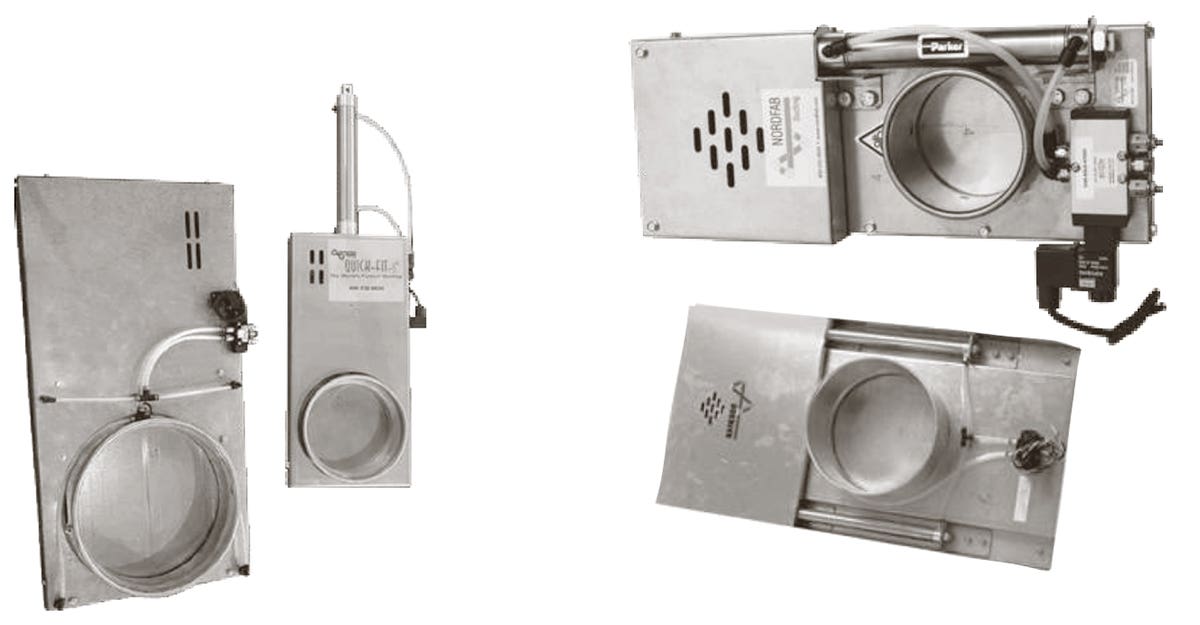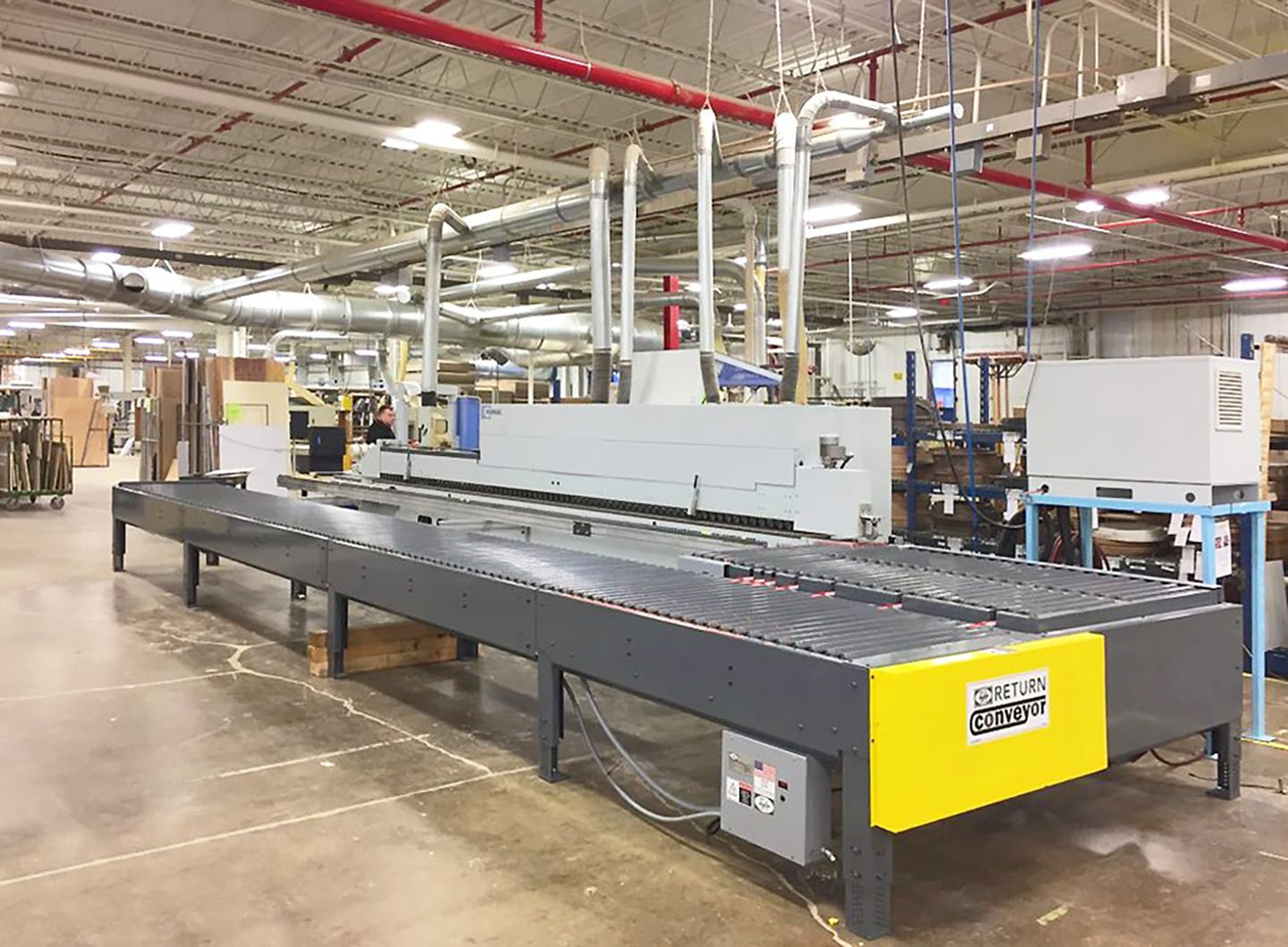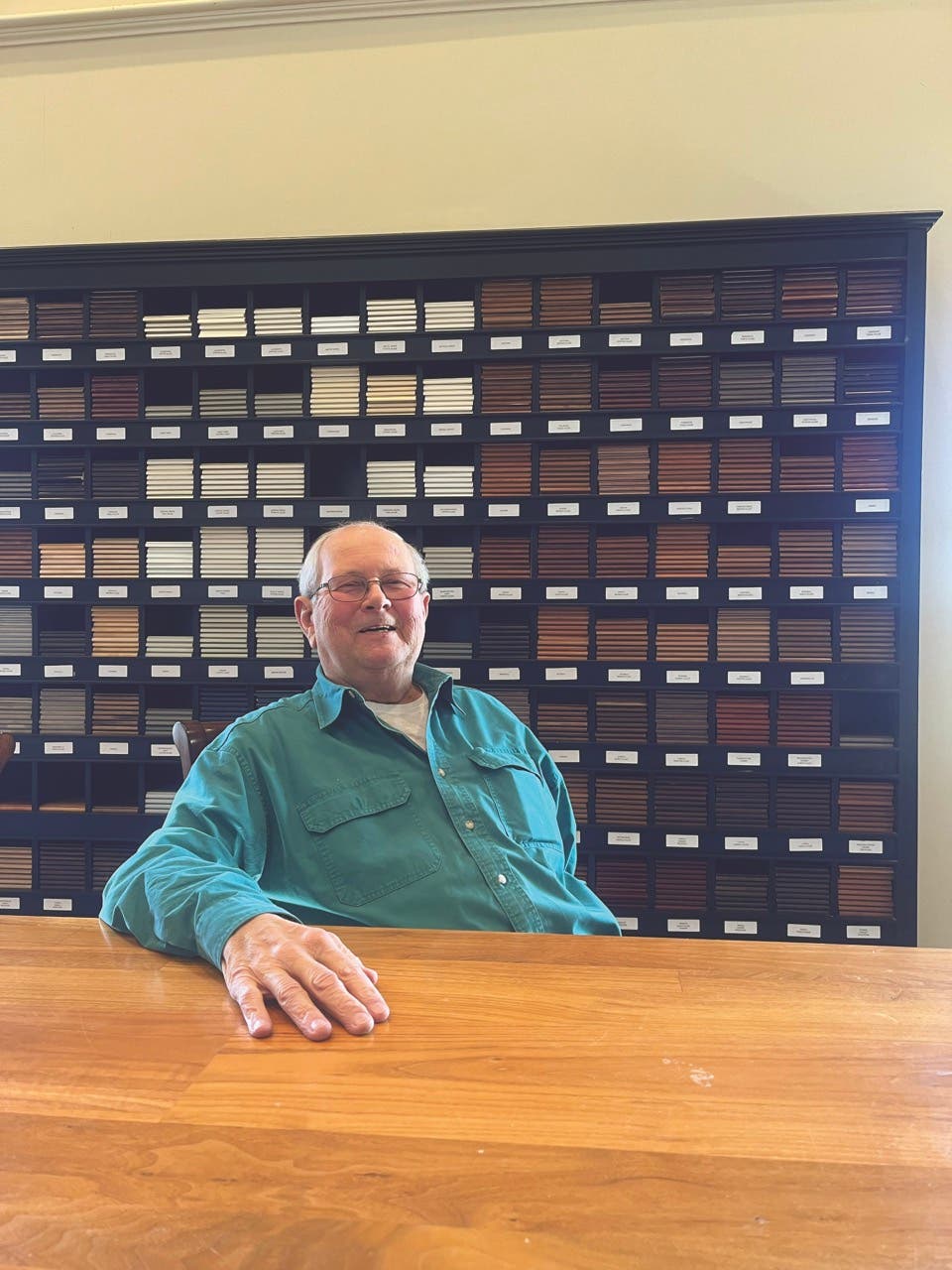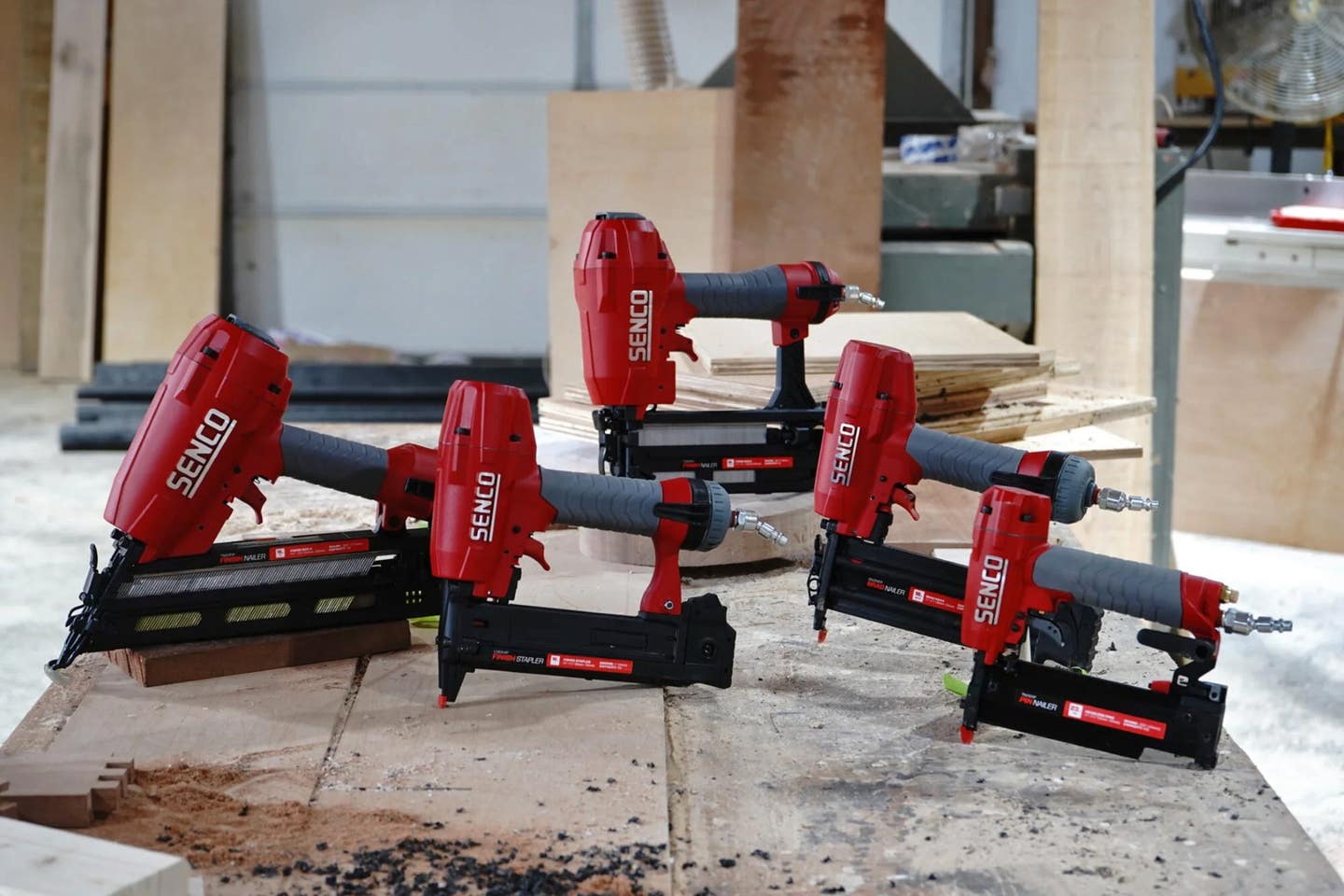Smarter, Leaner & Diversified
J.H. Klein Wassink & Co. is a custom cabinetry and fine woodworking firm in Concord, Mass., just west of Boston.
J.H. Klein Wassink & Co. is a custom cabinetry and fine woodworking firm in Concord, Mass., just west of Boston. Founded in 1996 by owner John Wassink, the company has grown to include 24 employees and gross over $2 million a year.
Of course, there have been some growing pains over the years. In the spring of 2008, for example, Wassink moved the shop from Allston, Mass., to Concord. The timing was less than auspicious.
“Everybody knows what happened that fall,” says Wassink, referring to the start of the Great Recession. “Within 12 months after moving here our gross sales were cut in half and it’s taken us 10 years to get back up to that. We went down to six employees in 2010/11 during the worst of it, and now we’re back to 25 on a good day. We lost three of our biggest clients. It’s been a long 10 years.”
Change is happening
Fortunately, Wassink has always been a quick study. Originally from North Carolina, he received a bachelor’s degree in product design at North Carolina State University. After moving to Boston, he ran a custom shop for a contractor for 10 years.
His business achieved rapid growth in the first decade. Then he figured out how to survive the economic downturn. Now his plan is to aggressively boost the shop’s bottom line and prepare for when hard times strike again. The plan revolves around maximizing efficiency with Enterprise Resource Planning (ERP) software.
Wassink and his project managers recently visited a branch office of Innergy, an ERP provider, and got a tour of Wilkie Sanderson, a large shop in Sauk Rapids, Minn., which runs the company’s software. The demo clinched the deal, and the software should be fully integrated by the end of this year.
“This is exciting for us,” says Wassink. “As our organization grows, the difficult task for us is to channel all the information efficiently and effectively to all the different departments and people that run them. We’re in a rapidly changing environment. The plans we make by 10 a.m. are shot by 3 p.m., so adding a good information highway that can adapt and help us allocate our resources in the proper manner is key.
“As a smaller company we can do all of that with Excel, Google sheets and old-fashioned sticky notes. That’s fine but a little too slow. This is going to take us up to the next notch. It lets us do what we do normally, but speeds us up. There is no duplicate data entry and it’s a lot more efficient because it works all throughout the shop.”
Wassink, a regular attendee at the major industry trade shows, says he’s been looking into ERP software for almost six years and selected Innergy because it is created by woodworkers.
Step two
The other part of the equation is to expand the client base and coverage area. The shop’s primary clients are contractors, designers and architects hired by high-end homeowners in eastern Massachusetts and southern New Hampshire. The shop also takes on a few select commercial projects at libraries and colleges.
“Our primary business model is to source our work through design professionals. Through them we will sit down with the client to get their ideas to finesse and finalize the details,” says Wassink. “We have good relationships and are actively searching for more connections all of the time. We’re looking on Nantucket, and outer coastal areas, but primary greater Boston.”
A super high-end job will include everything in a house: kitchens, casework, libraries, millwork, and whatever is in between. We’re talking 20,000-sq.-ft. homes with a dozen bathrooms and multiple fireplaces. These projects take six to eight months to complete and though quite lucrative, the shop would like to become less reliant on this type of work.
“Since 2008 we’ve realized we have to cast a broader net in the modern market. We are now offering good, better and best options with our marketing done at different price points,” says Wassink.
The plan is to offer the same full custom woodwork and cabinetry services as always, but offer different price points to obtain more work in high-end spec houses and upper middle-class homes. Clients can now select different profiles, ornamentation, embellishments, hardware, drawer inserts, wood thicknesses, etc.
“The one downside of having relationships with all high-end builders was we could only service so many builders. In 2007 we had the equipment and manpower and could have been doing other things, but those high-end jobs were so demanding and you can only service so many people,” says Wassink.
“We want to be more like a shopping mall, how it serves core businesses like Macy’s and Sears and all the little stores in between. We didn’t have all those other little stores, so to speak, and that hurt us. So we want to add others but still maintain our anchor clients.”
Cutting edge shop
The shop has full CNC capability and the skill to handle any job that comes its way. Design styles in the Boston suburbs tend to be more traditional with inset beaded face frames and painted finishes. City dwellers want more contemporary designs, with current projects calling for lots of walnut, glass, hidden hardware, and high-gloss finishes, according to Wassink.
The shop’s machinery includes a Martin table saw, SCMI shaper, Brandt edgebanders, Multi-Cam router, Omga CNC cut-off saw, JLT rotary door clamp, Weinig five-head molder and Vac-U-Clamp vacuum press.
The shop’s craftsmen are all trained in traditional techniques and many work with computerized technology, creating hand-carved and profiled pieces for high visibility areas while employing full CNC production for hidden and repetitive components. A team of finishers can apply a full array of custom finishes both inhouse and onsite.
Striving for excellence
At the end of the day, Wassink just wants a happy customer. He wants to maintain his employee count, perhaps adding five or so but no more, and foresees moving into a larger building soon. He says competition is fierce and knows it is important to stay on top.
“There are lots of other shops like this. That’s the good news and bad news about Boston. The good news is there’s a lot of money, but the market is saturated with a lot of good shops. Contractors and subs need to get their prices sharper and more importantly, tighten up on deadlines. We live in a state of instant gratification and could lose a job based on someone having to wait.”
Clearly determined to succeed in reaching new financial goals, Wassink agrees part of his motivation to carry on and be prepared stems from the rough experience he encountered with the recession.
“We are now a much leaner smarter company than we were in 2007. We’re much more diversified, nimble and able to adapt to changing conditions. We’ve reworked our process, cut the fat, and did whatever needed to be done. We also use contract routing, manufacturing and finishing to augment our bottom line, and are always looking for other ways to diversify our income.”
Contact: J.H. Klein Wassink, & Co., 30 Beharrell St., Concord, MA 10742. Tel: 617-283-2416. www.jhkw.com
This article originally appeared in the October 2017 issue.







